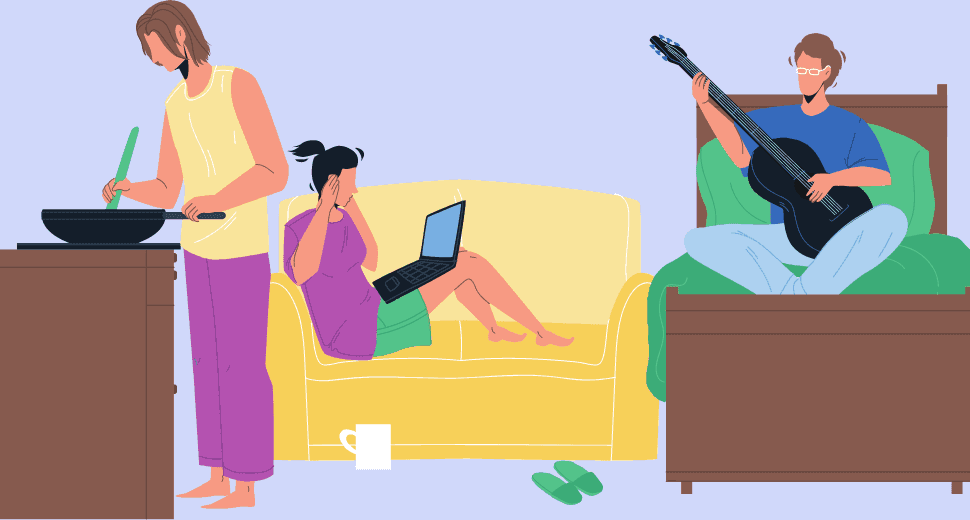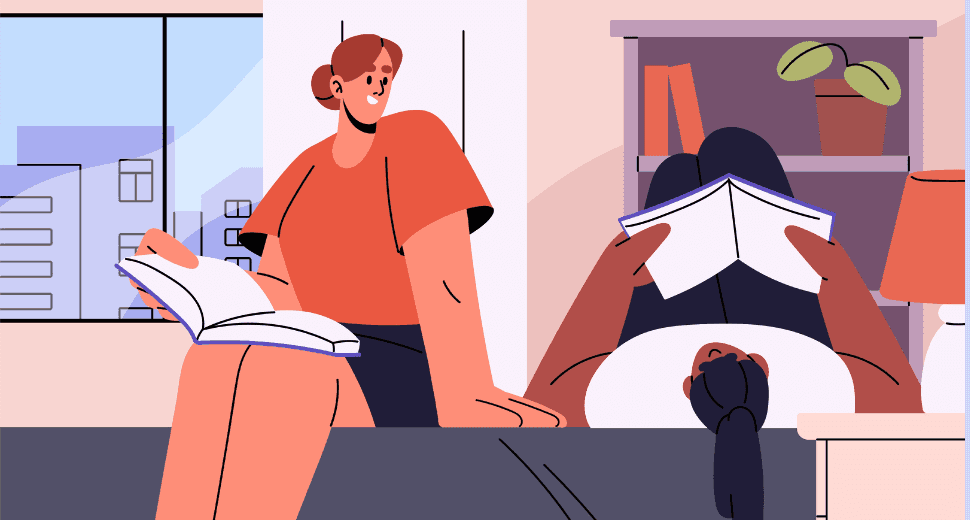
Rental House vs. Flat: Which is Right for You?
The decision to rent a house or a flat is a significant one that can significantly impact your lifestyle, finances, and overall well-being. Both options offer unique advantages and drawbacks, and the best choice ultimately depends on your individual needs, preferences, and circumstances.
Understanding Your Needs and Preferences
Before diving into the pros and cons of each option, it's essential to assess your priorities and lifestyle. Consider the following questions:
- Lifestyle: Are you a social butterfly who enjoys vibrant city life, or do you prefer a quieter suburban or rural setting?
- Budget: What is your monthly rental budget? Consider not only rent but also utilities, maintenance costs, and potential furnishings.
- Space: How much living space do you require? Do you need a dedicated workspace or a backyard for pets or hobbies?
- Maintenance: Are you willing to handle property maintenance tasks, or do you prefer someone else to take care of them?
- Location: Where do you want to live? Consider proximity to work, schools, transportation, and amenities.
- Length of Stay: How long do you plan to stay in your rental?
Rental House: Pros and Cons
Pros
- Space: Houses typically offer more square footage and private outdoor space like a yard or patio.
- Privacy: You're less likely to share walls with neighbors, reducing noise disturbances.
- Pets: Houses are generally more pet-friendly with fewer restrictions.
- Flexibility: You may have more freedom to customize the space with renovations or decorations (subject to landlord approval).
- Potential for Home Office: A house often provides dedicated rooms that can be converted into a home office.
Cons
- Higher Cost: Rental houses tend to be more expensive tha flats, especially in desirable areas.
- Maintenance: You're responsible for general upkeep and repairs, which can be time-consuming and costly.
- Utilities: You'll typically pay for all utilities, including water, electricity, gas, and possibly trash and sewage.
- Location: Houses are often located in suburban or rural areas, which may require longer commutes.
- Security: Houses may be more vulnerable to break-ins compared to flats in secure buildings.
Flat Living: Pros and Cons
Pros
- Affordability: Flats are generally more affordable than houses, especially in urban areas.
- Amenities: Many flat complexes offer amenities like gyms, pools, and community spaces.
- Convenience: Flats are often located in convenient locations with easy access to public transportation and shops.
- Security: Flats typically have security features like gated entrances and on-site management.
- Maintenance-Free: The landlord is responsible for most repairs and maintenance issues.
Cons
- Limited Space: Flats tend to have less square footage than houses, especially for families or those with multiple flatmates.
- Noise: You may experience noise from neighbors, especially in thin-walled buildings.
- Pet Restrictions: Many flats have strict pet policies or restrictions.
- Less Privacy: You share common walls with neighbors, which can impact your privacy.
- Short-Term Leases: Flat leases are often shorter than house leases, which can make it challenging to find long-term housing.

Factors to Consider
- Lifestyle: If you prioritize privacy, outdoor space, and flexibility, a house might be the better choice. If you prefer convenience, amenities, and a lower cost of living, a flat could be ideal.
- Budget: Determine your monthly rental budget and compare the costs of similar houses and flats in your desired location.
- Location: Consider the proximity to work, schools, transportation, and entertainment options.
- Safety: Research crime rates and security features in different neighborhoods.
- Future Plans: Think about your long-term goals. If you plan to stay in one place for several years, a house might offer more stability. If you expect to move frequently, a flat might be more flexible.
Additional Considerations
- Flatmates: If you plan to share your living space, consider the pros and cons of having flatmates in a house versus a flat.
- Furnished vs. Unfurnished: Determine if you prefer a furnished or unfurnished rental. Furnished flats are often more expensive but can save you time and money on furniture purchases.
- Landlord-Tenant Relationship: Research the landlord's reputation and read reviews from previous tenants.
- Hidden Costs: Be aware of potential hidden costs, such as pet fees, parking fees, or utilities not included in the rent.
Ultimately, the decision to rent a house or a flat is a personal one. By carefully considering your needs, preferences, and budget, you can choose the living arrangement that best suits your lifestyle.
